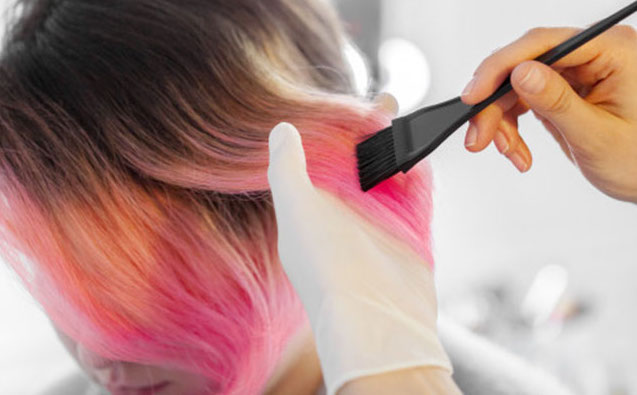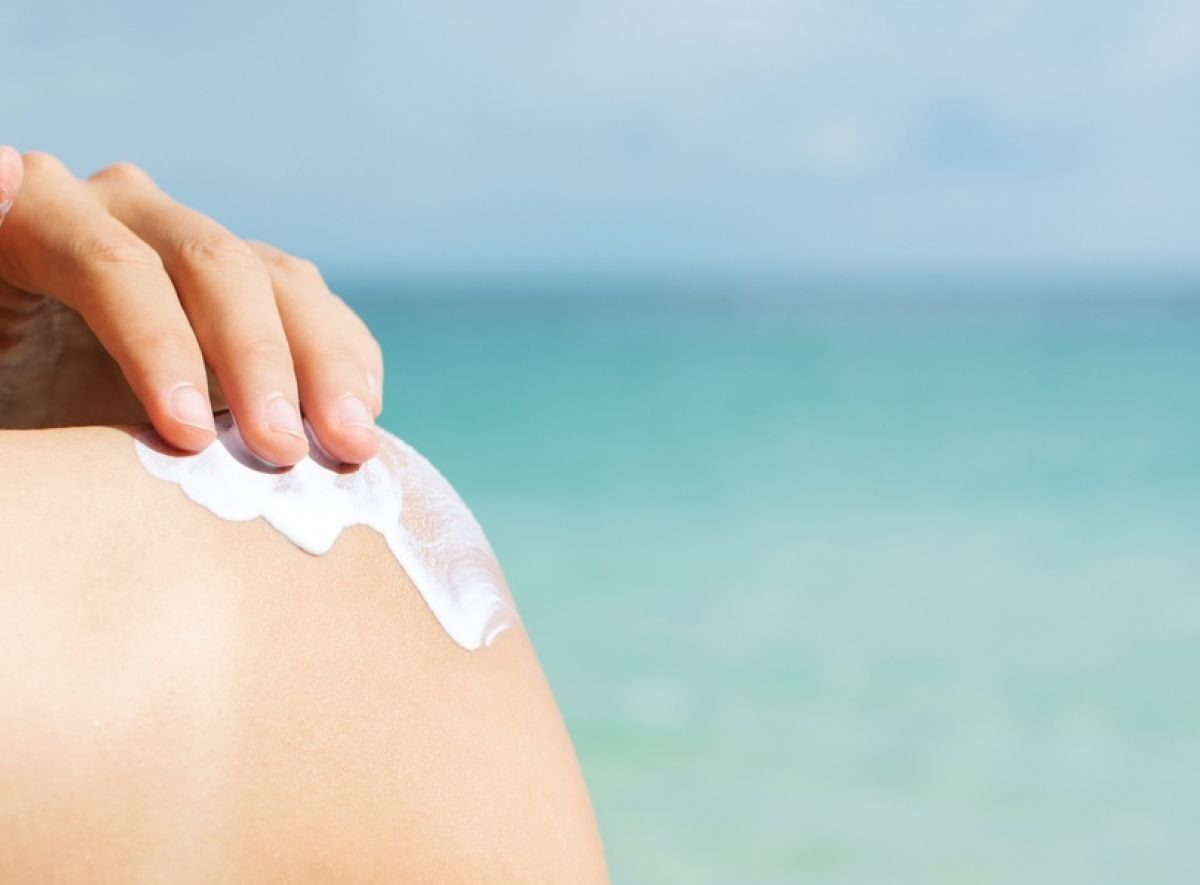DECISION 833
The Andean Community (Comunidad Andina de Naciones – CAN) is composed by 4 South American countries: Bolivia, Colombia, Ecuador and Peru.
In 2018, CAN approved Decision 833, harmonizing the standards for cosmetic products originating from Andean countries and imported products from other countries. The main goal of this Decision is to establish requirements and harmonized procedures that cosmetic products must follow, in order to carry out its control and surveillance on the market and achieve a high level of health protection or human security, avoiding information that could mislead the consumer.
Decision 833, which has entered in to force on May 2020, regulates the production, storage, importation and commercialization of cosmetics, as well as its quality control and health surveillance.
According to this regulation, the definition of a cosmetic product is similar to the one set in the European Cosmetics Regulation ((EC) Nº 1223/2009): “every substance or formulation destined to be placed in contact with superficial parts of the human body (epidermis, hair system, nails, lips and external genital organs) or with the teeth and the mucous membranes of the oral cavity, with the exclusive or main view of cleaning them, perfuming them, changing or modifying their appearance, protecting them, keeping in good conditions or correct body odors“.
Moreover, Article 3 of Decision 833 is also harmonized with Article 3 of the European Cosmetics Regulation, stating that all cosmetic products that are introduced in the Andean Subregion should not harm human health when applied under normal and reasonably foreseeable conditions of use.
Cosmetic products intended to be placed in the Andean Community market need to comply with international lists on ingredients that can be added or not to products and their corresponding functions and restrictions of conditions of use. These lists are:
- Lists and dispositions issued by the U.S. Food and Drug Administration (FDA).
- The Personal Care Products Council Cosmetic Ingredient List.
- Directives and Regulations of the European Union referring to cosmetic ingredients.
- Ingredients lists of Cosmetics Europe – The Personal Care Association.
A Mandatory Sanitary Notification (NSO – Notificación Sanitaria Obligatoria) must be performed for all cosmetic products introduced in the CAN market. The owner of the NSO is the natural or legal person who notifies, modifies, renews or requests the recognition of the NSO to the Competent National Authority. This person must be located in the Member Country of notification or recognition and is responsible for the regulatory compliance of the cosmetic product.
Cosmetic products that are manufactured in the Member Countries or placed on the Community market, must be manufactured in accordance with Good Manufacturing Practices (GMP). Moreover, cosmetics must comply with microbiological content limits set out on the Andean Technical Regulation on Microbiological Technical Specifications of Cosmetic Products.
If you wish to get more information on this or other subject, feel free to contact us at info@criticalcatalyst.com.
References:
- Decisión 833. Armonización de Legislaciones en materia de Productos Cosméticos. Comunidad Andina.
- Resolution Nº 2120. Andean Technical Regulation on Microbiological Technical Specifications of Cosmetic products. 2019.















